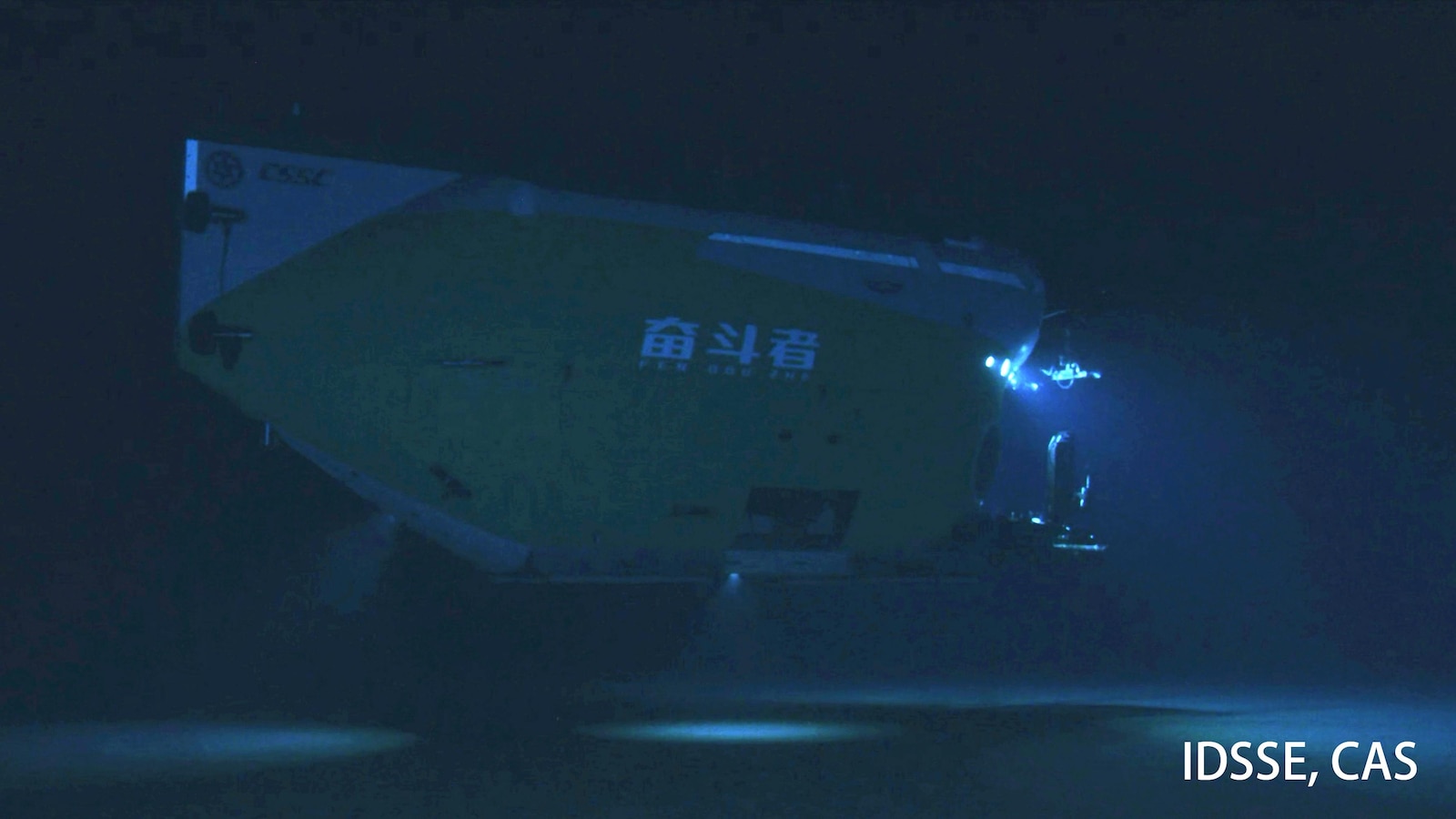T4K3.news
Marine Superintendent Finds New Microbial Life
A new species of archaea was discovered in black goo inside a ship's rudder housing.

A marine superintendent uncovered a new species of archaea in a ship's maintenance.
Marine Researcher Discovers New Lifeform in Ship's Rudder
During routine work on the Large Lake Observatory’s R/V Blue Heron, a marine superintendent found a strange black goo. Analysis by microbial biologists at the University of Minnesota Duluth revealed this goo, named "ShipGoo001," contained a new species of archaea. This organism thrives in the stable, low-oxygen environment of the rudder housing. Researchers are excited to publish the findings and release the genome to the public soon. The discovery is significant as it highlights how human-made environments can support unknown life forms and potentially contribute to biofuel production.
Key Takeaways
"The biggest surprise was that the ship goo had life in it at all."
Cody Sheik discusses the unexpected presence of DNA in ShipGoo001.
"This shows why it matters to allow scientists to explore their curiosities."
Sheik emphasizes the need for scientists to explore beyond strict projects.
This finding opens a new chapter in microbial ecology, showing us that remarkable life can inhabit unexpected places. The discovery challenges existing ideas about where life can exist, especially in man-made structures. It also emphasizes the importance of curiosity in scientific exploration, suggesting that time for exploration could yield significant breakthroughs. Doug Ricketts' decision to investigate the black goo led to a noteworthy revelation that bridges anthropology, environment, and biotechnology.
Highlights
- Remarkably, life can thrive in unexpected places.
- Curiosity in science should never be neglected.
- Discoveries like ShipGoo001 redefine our understanding of ecosystems.
- Time for exploration often leads to extraordinary findings.
Discovery Raises Questions About Environmental Impact
The find highlights potential ecological implications and the need for further exploration of human-made environments.
This research represents a promising glimpse into unexplored ecosystems.
Enjoyed this? Let your friends know!
Related News

New Ecosystem Found 9,533 Meters Undersea

Significant marine life discovered at extreme ocean depths

Scientists find living eggs in active underwater volcano

Ancient ecosystem discovered in Illinois

Critics challenge B.C. ocean noise reduction plan

Research Finds Cosmic Rays Could Support Life Underground

New Study Finds Volcanic Exoplanets Could Host Life

Fossil Challenges Spiders' Earth Origins
